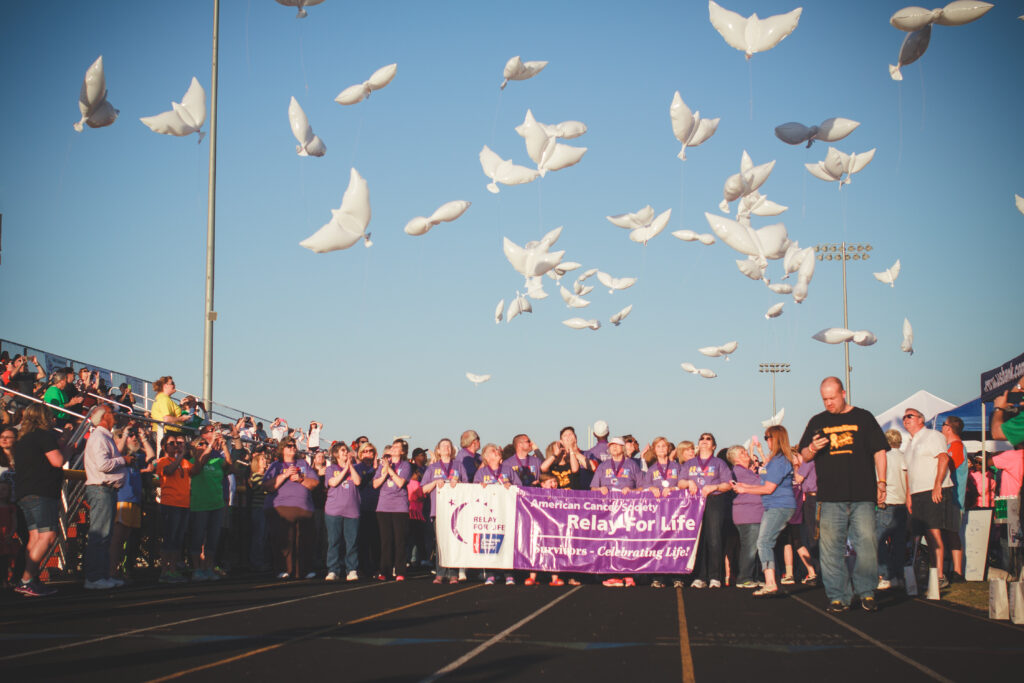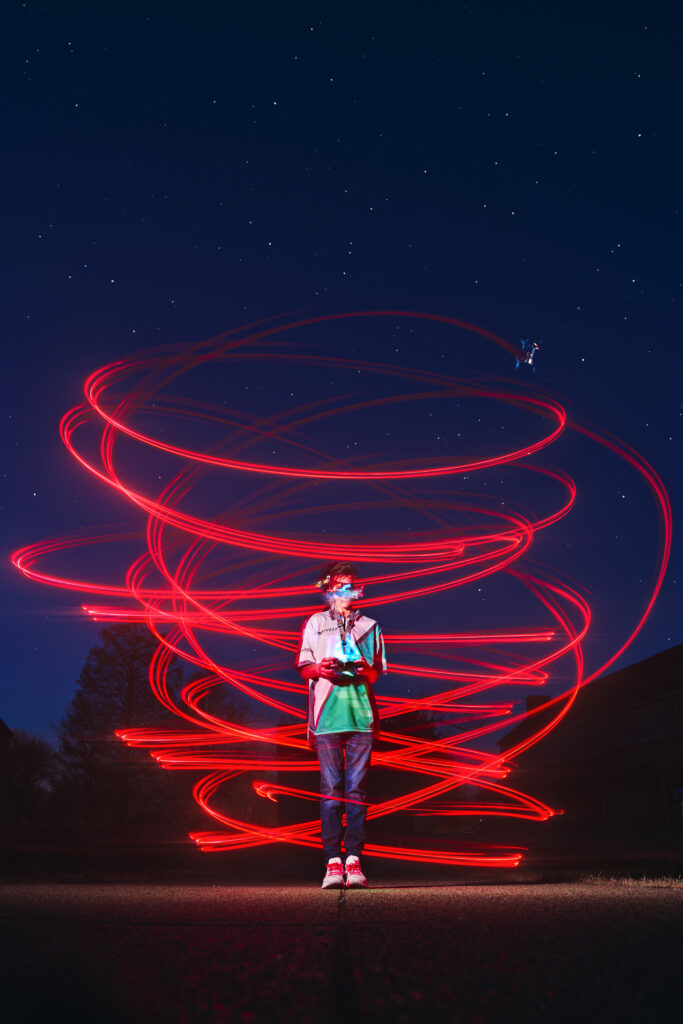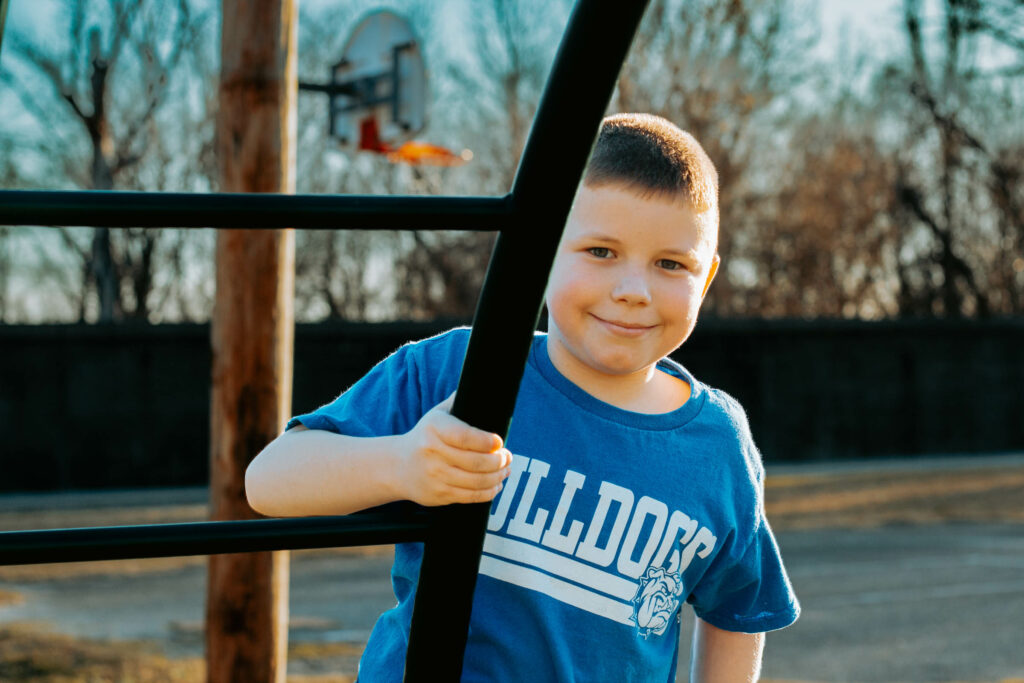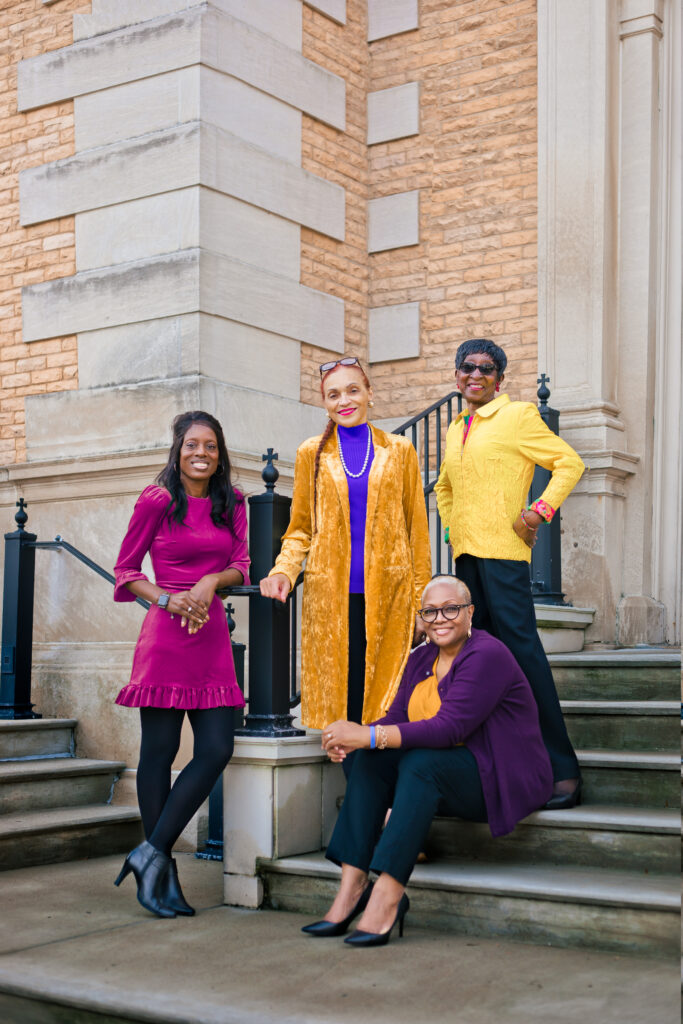Kevin Hines was searching for anyone who might be able to save his life.
He’d lived a short time, but he was plagued by severe mental illness–depression, delusions and paranoia.
“As a teenager, I struggled to accept my mental illness diagnosis, and after a few years of battling my suicidal thoughts and paranoid delusions, I thought the only way to make the pain end was to die using my own two hands,” he says.
With a spirit weakened by this daily struggle, at only 19 years old, Kevin boarded a public transit bus bound for the Golden Gate Bridge in his hometown of San Francisco. The voices in his head were telling him to go there and jump–that it was the only way.
On the bus and later on the bridge, he looked for someone—anyone—who might recognize that he was in distress and reach out to him. He often tells that he made a pact with himself that day. He said if anyone asked him if he was okay, he would know that he mattered and that he wouldn’t go through with his suicide attempt.
But on September 24, 2000, no one reached out to Kevin.
No one saw his pain, and no one asked if he was okay.
And so the voices in his head confirmed his greatest fear—that he didn’t matter, that his life didn’t matter, that it wouldn’t matter if it was over.
“Jump now!” the voices in his head said. And he did.
He is not the only one.
More than 1,000 people have taken their lives on the Golden Gate Bridge, plunging 245 feet at 75 miles per hour before hitting the water underneath.
Kevin remembers the feeling he had immediately after his jump, when he began a free-fall into the San Francisco Bay.
“When my hands left the rail, it was an instant regret for my actions, and the thought that I had just made the biggest mistake of my life,” he recalls.
That day, Kevin survived the horrifying plunge from the Golden Gate Bridge and was pulled from the waters by a Coast Guard official who was surprised to find him injured, but alive.
When he emerged from the Bay, Kevin was determined to fight for the life that had just been spared.
“After my attempt, I made a promise to myself that I would never die by my hands,” he says.
He fought through his physical injuries and when those were healed, he continued to fight for his mental health as well.
As a part of that, Kevin was asked to share his story with some local middle schoolers.
“I was a terrified 19-year-old kid, reading his story from 17 handwritten pages in-front of 120 grade/primary school kids,” he remembers.
“I didn’t think it would help anyone; I thought it was all a waste of time, and as the tears streamed down my face, I told myself that this would be the last time I shared my story.”
Fortunately, Kevin once again proved himself wrong that day. His message did reach those young people. He found that the story he told resonated with most people, that it made them believe in the ability to survive mental illness, depression and suicide.
That his story gave people hope.
And so, as he celebrates the 20-year anniversary of his survival, Kevin continues to share that story. He continues to bring hope to those who are also suffering from mental illness.
Kevin’s outreach is relentless. His hashtag #BeHereTomorrow trends regularly, his website shares stories of other survivors of suicide and mental illness, regular YouTube videos hosted by Kevin give tips for continued mental wellness, and he often speaks to sold-out crowds.
His book, Cracked Not Broken is called “a remarkable testament to the strength of the human spirit and a reminder to us to love the life we have.”
His feature film, Suicide: The Ripple Effect, details how the act of taking one’s own life can reverberate across families and communities.
For Kevin, continuing to share his story means he can start tearing down walls for those who suffer from mental illness and in their place, build safe spaces for them to heal.
“It is important to remember that my story is just one of many,” he says.
“There are so many people out there with stories just like mine and experiences that will help others who are in pain. I want to be able to share those stories with the world and create safe spaces for people to share their own pain and journeys.”
“I have to work hard every day to stay mentally well, and creating those videos via my YouTube channel allows me to show an honest portrayal of what this journey is.”
“Your mental wellness is a constant journey, and I am not cured.”
“I still have very bad days, and that is ok. I try and share these days and experiences with people to show that it is ok to have those days, but what is essential is that we pick ourselves up and keep moving forward.”
“Seeing people talk about their experiences and pain for the first time, opening up and seeking help because they heard something in a presentation or video that resonated with them, that is why I do this work. If one person decides to open up and share their truth, that is a good thing.”
Kevin, who 20 years ago sought someone to reach out and give him hope, has provided that hope for so many since.
His work is far from done, and it is work that he says he is not doing alone.
“I am simply a cog in the wheel of a larger global movement for change,” he says.
“Me and my colleagues in prevention are working tirelessly to shift the narrative and save lives. We are all in this together and prevention as well as mental wellbeing is everyone’s business. We can all be cogs in the wheel for those with brain pain, we can all reach someone in their most debilitating hour to guide them to the light at the end of the tunnel, helping them make sure to be here tomorrow and every day after that.”
“We must all continue to work together to ensure that every single person knows they are worthy, that their pain is valid and that they matter.”
“That today is not tomorrow, and their pain is valid because they matter, and they are worthy of this life.”
Experience Kevin’s Story For Yourself
Four Rivers Behavioral Health is bringing the inspiring message of hope that Kevin Hines shares to Paducah.
The entire community is invited to a free showing of his movie Suicide: The Ripple Effect followed by a presentation by Kevin.
Program Director Ellen Walsh hopes that Kevin’s message will serve as a call-to-action for the region.
“It’s the whole community’s responsibility to do suicide prevention,” she says.
“It’s not just our agency that needs to be doing it.”
“We are all in this together and we all need to be willing to watch out for each other and ask those hard questions and offer people hope and care.”
“We hope anybody and everybody will come because we really believe it’s anybody and everybody’s responsibility to help us prevent suicide.”
Tuesday, May 12, 2020
5:00 p.m. – 9:00 p.m.
Clemens Fine Arts Center
4810 Alben Barkley Dr
Paducah, KY 42002
Tickets are free, but must be reserved by visiting https://www.eventbrite.com/e/suicide-the-ripple-effect-with-kevin-hines-tickets-98007798965.






